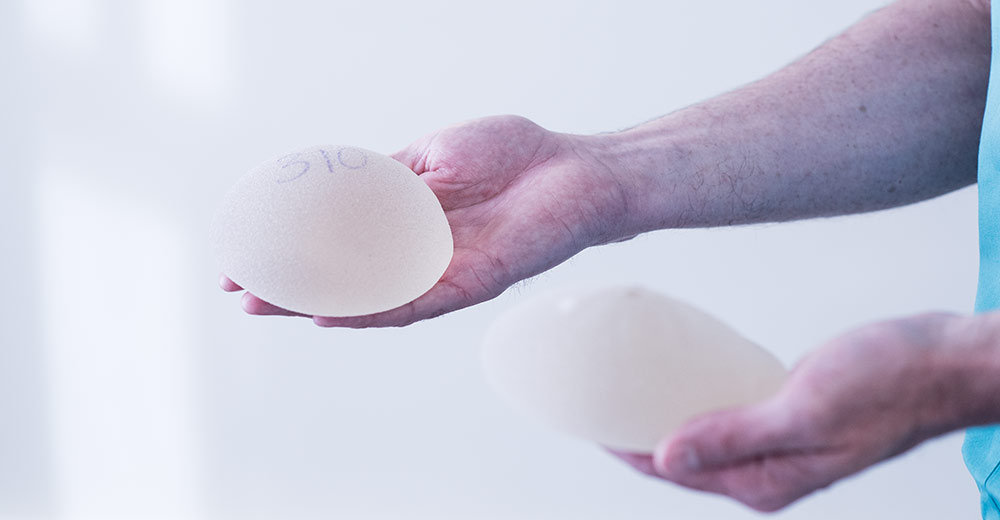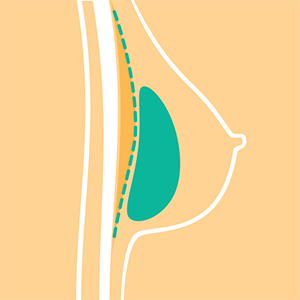

Sarah
If you are reading this and hesitant definitely book an appointment, any concerns you have are well talked through and I couldn't recommend Cameron highly enough.

Breast enlargement surgery is a commonly requested cosmetic surgery procedure. The goals of surgery are typically to give a sense of balance to the female figure, although sizing and shape is individualised. Your consultation will include an assessment of your current breast size and shape and a careful discussion in relation to your preferred final size.
Breast augmentation is typically undertaken under a light general anaesthetic with a single overnight stay in hospital, although day case surgery is preferred by some patients.
The procedure typically involves the placement of silicone gel breast implants which may be round or ‘tear drop’ in shape; however, other techniques such as autologous fat transfer can be appropriate in some cases.
The skin wounds are closed with fine absorbable sutures and the resulting scars are well hidden underneath each breast.



Following discharge from hospital simple pain killers are usually all that is required. The use of a good fitting sports bra can help during the recovery period for around six weeks. Often a week away from work is advised and a return to driving may best be deferred for slightly longer.
A follow up appointment will be arranged by the hospital to see the specialist plastic surgery nurses initially and thereafter a review appointment with your plastic surgeon will be scheduled to ensure all is well and that you are happy with your result.
Breast augmentation may incur risks which include but are not limited to: bleeding, bruising, swelling, infection, haematoma, seroma, delayed healing, scars of unpredictable quality, numbness in the nipple areolar complex, asymmetry an imperfect aesthetic outcome and pain. In the long term, there is a risk related to the implants themselves such as leak, rupture, rippling, capsular contracture and the very rare diagnosis of lymphoma. There is also a small risk of systemic complications such as deep vein thrombosis and pulmonary embolism.
On average silicone breast implants may need to be exchanged after around 10 years following initial placement although they can last much longer.
Further surgery is likely to be required as your implants age. The surrounding scar tissue may show signs of hardening known as encapsulation.
Our 'inclusive care' policy is such that if there is a complication or adverse outcome from surgery within the first year then we can provide any further treatment required at no additional cost to you.
If you would like to learn more about this procedure, simply provide your details in the form below and we'll send you a downloadable PDF with more information.